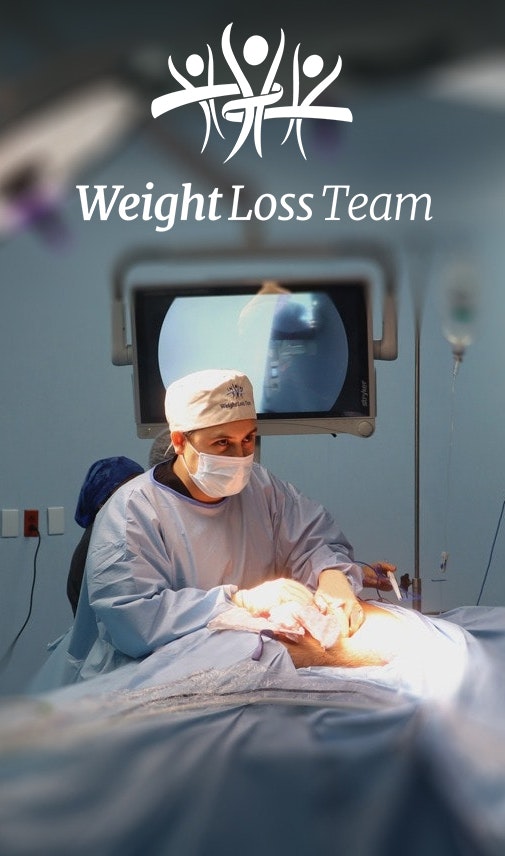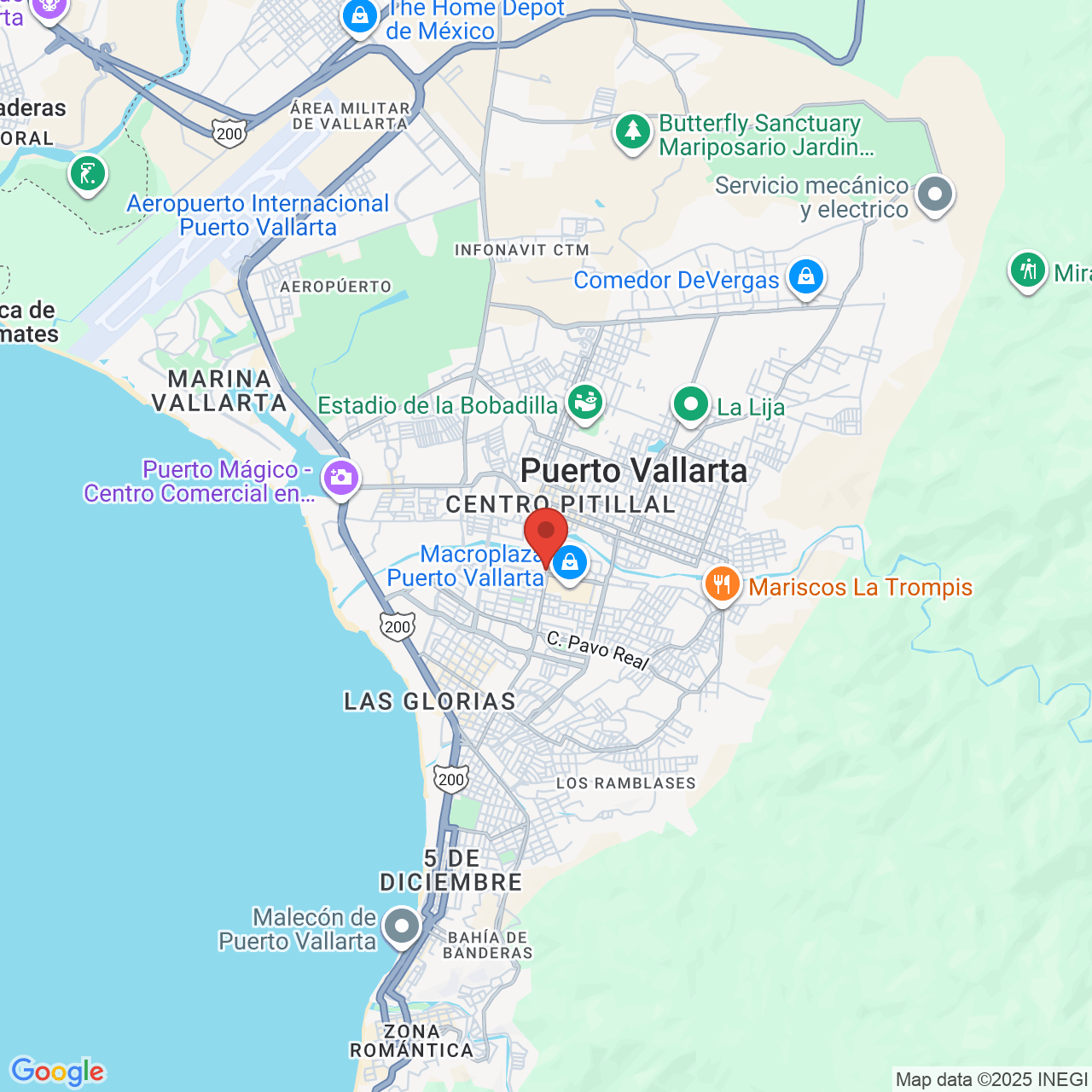FAQ
Is diarrhea a problem after weight loss surgery?
The first weight loss procedure was an intestinal bypass and it commonly caused diarrhea. Diarrhea is not a consequence of proximal gastric bypass or the adjustable band. Some increase in the frequency of bowel movements may occur after distal gastric bypass.
Does weight loss surgery cause bad breath?
Weight loss and the breakdown of fats cause the formation of ketones which are volatile and are partially exhaled. The odor however is not unpleasant and has been likened to that of Juicy Fruit chewing gum. It is important however to maintain normal dental hygiene and to brush your teeth even when taking only a liquid diet; otherwise, bacteria accumulate on the tongue and between the teeth and can cause bad breath.
What about loose skin after surgery?
The amount of loose skin after surgery depends on the amount of weight loss, your age – younger skin is more elastic than older skin – and individual differences. When weight loss is rapid, skin tightening may continue to occur after weight loss has stopped. In general, if you have lost a lot of weight you are likely to have some loose skin and may want some plastic surgery to correct it.
What causes hernias?
Hernias occur where the abdominal wall is weaker and from increased intraabdominal pressure. It is somewhat speculative but most incisional hernias probably occur with straining and coughing while the patient is waking up from anesthesia. Patients waking from anesthesia are pain free so when they strain their effort is not restrained. Sudden severe straining after surgery which happens more quickly than can be modified by reaction to discomfort is another likely cause for hernias. Examples include straining from falling, coughing, or vomiting. A sudden response to an unexpected weight (child jumps into your lap) can also cause hernias. A smaller contribution to the development of hernias can come from ordinary efforts that rely on abdominal musculature such as lifting and other forms of exercise. Standard advice is that following open surgical procedures with abdominal incisions, one should not lift a weight greater than 10 lbs for the first month and not greater than 30 lbs for the second month. Risk of hernia after laparoscopy is so low that full activity can be resumed almost immediately.
What if I’m having constipation?
Constipation after gastric bypass surgery is a common complaint. It is caused by decreased food and water intake and, in some people, supplemental iron, or narcotic pain killers, tranquilizers, and antidepressants. It is often aggravated by weak abdominal muscles or busy schedules wherein people defer having a bowel movement when the urge exists. Our approach is to provide the following advice: Do exercises that strengthen the abdominal muscles and assist in bearing down. Most people experience the need for a bowel movement after breakfast and that is the natural and easiest time to have a bowel movement and should not be ignored. Increase water intake. An increased intake of any vitamin except B12 and vitamin A tends to produce diarrhea and has not significant other side effects and is helpful in eliminating constipation. Especially useful in this regard is Vitamin C or ascorbic acid since in addition to preventing constipation it enhances the absorption of iron in Trinsicon or other forms. Next add fiber to the diet: Eat high fiber breakfast (bran-based cereals, oatmeal) add vegetables to other meals. Miller’s unprocessed bran found in the cereal section of the grocery store can be taken with juice, or sprinkled into salad, meatloaf, cereal, etc. The same thing can be done with Metamucil, or psyllium seed. These are more expensive forms of non-digestible cellulose or fiber. The water content of stool can also be increased with a stool softener, docusate sodium, marketed as Colace, or Peri-Colace or P-Col-Rite. If the above measures are still not correcting the problem the electrolyte laxatives such as Fleet Phospho-Soda, Magnesium citrate, Milk of Magnesia, or Colyte, to name a few, should be tried. Avoid laxatives that directly stimulate the bowel smooth muscle eg. Senecot, as tolerance develops and more and more is required over time.
What if I’m having gas?
Excessive air swallowing is probably the commonest cause and may result from deliberately belching to relieve a sense of fullness or from swallowing frequently as sometimes occurs with anxiety and nervousness. A deliberate change in behavior is usually effective. Simethicone, marketed as Gas X, helps reduce large bubbles of gas to small ones and may relieve the cramping sensations. Nullo which is a chlorophyll derivative also may be helpful. After gastric bypass, excessive dietary intake of fat increases intestinal transit time and delivers undigested food to the colon. Food in the colon is broken down by resident bacteria and results in a very malodorous gas. A restriction of dietary fat intake may be sufficient to eliminate the problem. Bismuth subgallactate marketed as Devrom is also helpful. If the problem occurs soon after a distal gastric bypass, Pancrease – a pancreatic enzyme supplement – taken with meals may be useful. Milk sugar called lactose is digested by an enzyme called lactase the production of which declines with age and following gastrointestinal surgery. Lactase tablets, drops and milk products with pre-added lactase are available. Beans, cauliflower, onions, broccoli and other vegetables contain complex carbohydrates (oligosaccharides) which are broken down in the colon to form gas. Beano contains a-galactosidase which helps to convert the oligosaccharides to simple sugars which can be absorbed and gas is thereby prevented. An alteration in intestinal flora usually caused by antibiotics may produce gas. Ultraflora – a bacterial preparation – may be given to repopulate in intestinal tract normally. When the cause is fungal overgrowth, Diflucan (fluconazole) may be effective. Flagyl is sometimes tried to suppress anaerobic bacterial growth in bypassed portions of the intestine. Other causes are gallstones, diverticulosis, irritable bowel syndrome, and parasites, and, rarely, cancer of the ovary or bowel.
Is hair loss typical?
Hair loss is commonly assumed to be due to lack of adequate dietary protein but a clear cause and effect relationship is lacking. Nevertheless, one should measure the prealbumin, and if it is low, increase protein intake. Ephedrine is said to be effective in restricting protein weight loss and enhancing fat weight loss. Hair loss due to dietary restriction is nearly always temporary. Rogaine and Nexium shampoo have both been reported to be effective and should be tried if the loss is excessive.
What are the main risks of surgery after gastric bypass?
Put simply the main risks are death and complications. Mortality risk reported across the US is 0.5% or 1 patient in every 200. By recent count our mortality risk is less than one patient in every 500 gastric bypasses. The commonest causes for death are pulmonary emboli and infections. The commonest complications are wound infections, strictures, and hernias. The risks after adjustable band surgery and after gastric bypass are different (see Information Seminar). The major problems that occur with any frequency after gastric bypass are 1) leakage from the bowel connection to the pouch, 2) pulmonary emboli, 3) bowel obstruction or kinking, 4) bleeding, 5) stricture. The major problems after an adjustable band are 1) erosion, 2) slippage or herniation of the stomach up through the band, 3) pulmonary emboli, 4) esophageal dilatation.
What are the symptoms of a leak?
The symptoms can vary from sudden severe abdominal pain, weakness, chills, and abnormal drainage to no symptoms and unusual looking material coming from the drain site. The treatment depends on the severity of the leak but varies from no treatment, to hospitalization and iv’s, to re-operation.
What are the symptoms of a pulmonary embolus?
Shortness of breath and pain on breathing. Treatment involves giving ‘blood thinners,’ anti-coagulants, and hospitalization.
What are the symptoms of a bowel obstruction?
Waves of abdominal pain, nausea and vomiting sometimes preceded by a loose bowel movement. Treatment involves surgery, usually laparoscopic, and correction of the kink or obstruction.
What are the symptoms of a stricture?
A stricture or too much narrowing at the connection of the pouch to the intestine is usually experienced as progressive difficulty with swallowing: first solid foods, then soft foods, finally liquids won’t pass through. The treatment is endoscopy and balloon enlargement of the opening.
How would I know if I was bleeding?
Bleeding usually occurs in the first day or two after surgery and is recognized by a fast heart rate, weakness, paleness, and abnormal blood tests.
How is erosion recognized and treated?
If the band rubs on the stomach too much it can wear through into the lumen of the stomach where it can contact swallowed food and saliva. This may result in an infection which usually is seen as redness and swelling at the adjustment site. Sometimes no infection results and weight loss and a sense of restriction disappear. Treatment is removal of the band surgically. It can be replaced later or a gastric bypass can be done later.
What happens if ‘slippage’ occurs?
Slippage usually occurs in the first two weeks after surgery and is experienced as vomiting everything that is swallowed. It can be treated by taking the fluid out of the band and in most cases it can be re-inflated in two or three weeks. Sometimes surgery is necessary.
How do I know if I have ‘esophageal 'dilatation’ or enlargement?
A difficulty with swallowing is the usual experience. It is corrected by deflating the band, taking the fluid out, for a week or two. Sometimes the band has to be removed.
Are there long term risks after surgery?
Any abdominal operation sets the stage for a possible bowel obstruction the lifetime frequency of which is approximately 8%. Vitamin and mineral deficiencies can occur if calcium, B12, and iron supplements are not taken as prescribed. Less commonly protein deficiency can occur.
What are the risks of hernias after surgery?
Less than 1% after laparoscopic surgery and about 10% after the open procedure.
What is the risk of an ulcer?
Pretty small. We see one about every year or two.
Under what conditions is the gallbladder removed?
In patients who do not have gallstones at the time of surgery only 4% subsequently develop stones. We therefore only remove the gallbladder in patients who have stones diagnosed before or during surgery. In general we do not remove the gallbladder unless it is diseased or there is a strong family history or gallstones and gallbladder removal.
Are there medications available for gallstones?
Yes, ursodiol is given to prevent gallstones in high risk patients. Because it is expensive, we do not prescribe it for every patient.
What is dumping?
Foods high in sugar and some fats will cause the intestine to release vasoactive chemicals which cause sweating, flushing, weakness, fatigue, and sometimes abdominal cramps and diarrhea – a phenomenon called ‘dumping.’ This is not a problem after LAP-BAND® placement.
After gastric bypass but not after placement of the adjustable band (LapBand) absorption of iron, B12, and calcium is impaired and extra amounts need to be taken. Trinsicon is an iron, B12, folate and intrinsic factor combination which is simply a convenient way to get iron and B12 which certainly can be taken separately and are available over the counter. Calcium should not be taken at the same time as iron since they compete for absorption. Iron absorption is enhanced if taken with vitamin C (ascorbic acid).
What prevents wound infections?
Wound infections occur because bacteria inevitably get into the wound during surgery . Some types of bacteria may be difficult for the body to eliminate. Also, local factors like variations in tissue blood supply, small amounts of blood, sutures, and other things beyond the surgeon or patient’s control, influence the likelihood of wound infection. Antibiotics are routinely given and used to irrigate wounds. Wound infections occur about one time in ten after open gastric bypass. They are quite unusual after laparoscopic bypass because the wounds are much smaller.
Is it possible to rupture the staples after surgery?
Vomiting may sometimes cause a tear and a leak, but usually does not. After about three weeks it is nearly impossible to rupture the staples.
Does surgery affect how well I absorb my medications?
Generally speaking not, but with certain medications it may be wise to check blood levels after surgery.


